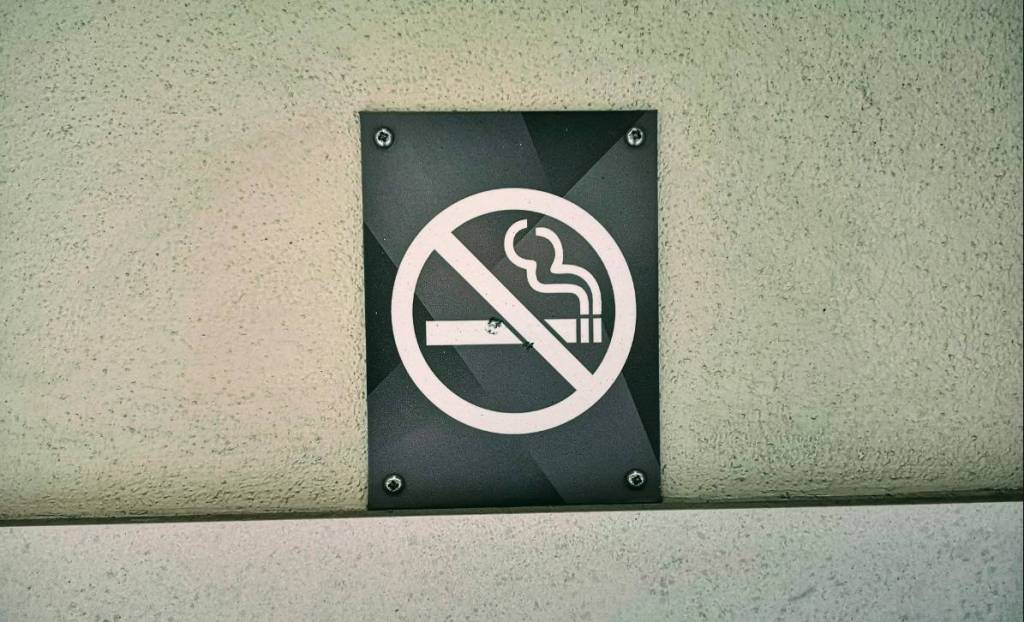Like you, I once struggled with landing my first job. Luckily, through my broad network, I established a link to a well established entrepreneur that mentored me into what I am today. You might be thinking that I was fortunate in this respect, but if you take a step back and examine your contacts, including family and friends, you may just end up in this position.
This was, of course, not my first job, as I worked as a caterer and as a camp counselor, but this was the first job where my work would boost both my character and standing in the workforce. For those of you who do not have this opportunity, you must take positions, where you are a “servicer” instead of a “producer”. I differentiate these by the role they play in an organization. A “servicer” is one that gets paid to interact with the consumers and aims to make a sale, while a “producer” actually facilitates the operation behind the scenes. Examples of servicers are waitresses or selling clothing at a retail store. By taking these jobs, a hiring employer (for a “producer” position) will be impressed that you have worked in the past, instead of being passive or unmotivated. Basically, you will increase your chances for getting the positions you seek by sacrificing now.
It took me three internships and two service jobs, in order to take an internship relating to my field (marketing). I had to make cold calls as a salesman, create websites and help run accounts payable, in order to be in a position where I could acquire a marketing internship with another company.
Tip: Don’t be afraid to sacrifice time now to achieve potential success in the future.
Ok now take a deep breath and follow along with me as I demonstrate to you the most effective way to position yourself so you get more interviews and acquire a new corporate position. First, remember to use what you already have to your advantage when constructing your resume. If you see job descriptions that are close to what you have, but you are lacking certain criteria, either build around it or seek the technical skills before applying. Second, take practice interviews with your friends, parents, mentors or guidance counselors in order to gain both confidence and experience. If you find yourself interviewing for a position that doesn’t interest you, always use it as practice as well and you might even find yourself taking the job, as a sacrifice to get what you really desire. Resumes should display your skills, achievements, work experience, grades/honors, school work and classes and technical expertise. After constructing your resume to cover all those areas in a story-like manner, it is time to start applying for jobs.
From my experience, there are three routes to applying for jobs:
- Verbal: Calling companies and expressing interest, while trying to pinpoint key contacts within the group you would like to work with.
- Electronic:The proper way to handle electronic submissions is to spread your resume like a virus through as many relevant websites as possible that have what your looking for. From my experience, the top 3 websites where to post are Monster, eRecruiting and Yahoo Hot Jobs.
- Networking:The quickest path into a new company is by already knowing an internal employee. Internal employees, like me, have networks built within a company and access to referring candidates to others.
Next, you will be screened by all the companies you applied to. If you applied to a large corporation, they have a crawler that picks keywords, customized by the manager that is seeking a candidate, such as yourself. Smaller companies will usually email you back if they are interested. The screening process usually places all the applicants that have the right skills for the job into a job bank, from which the employer either calls for a phone interview (large company) or bring into their office (small firm). If you have been selected to interview, do the best you can do and the worst that can happen is that you met another contact for the future. At this point, you will be notified within weeks if you were accepted to fill the position or rejected. Sometimes further interviews may occur, when the pool of candidates is large. If you are rejected, just keep interviewing, and at some point, you will get a job. If it is not the job you intended to obtain, you must work there as a sacrifice to further your career.
REMEMBER: Always think long-term when contemplating which jobs to accept!













